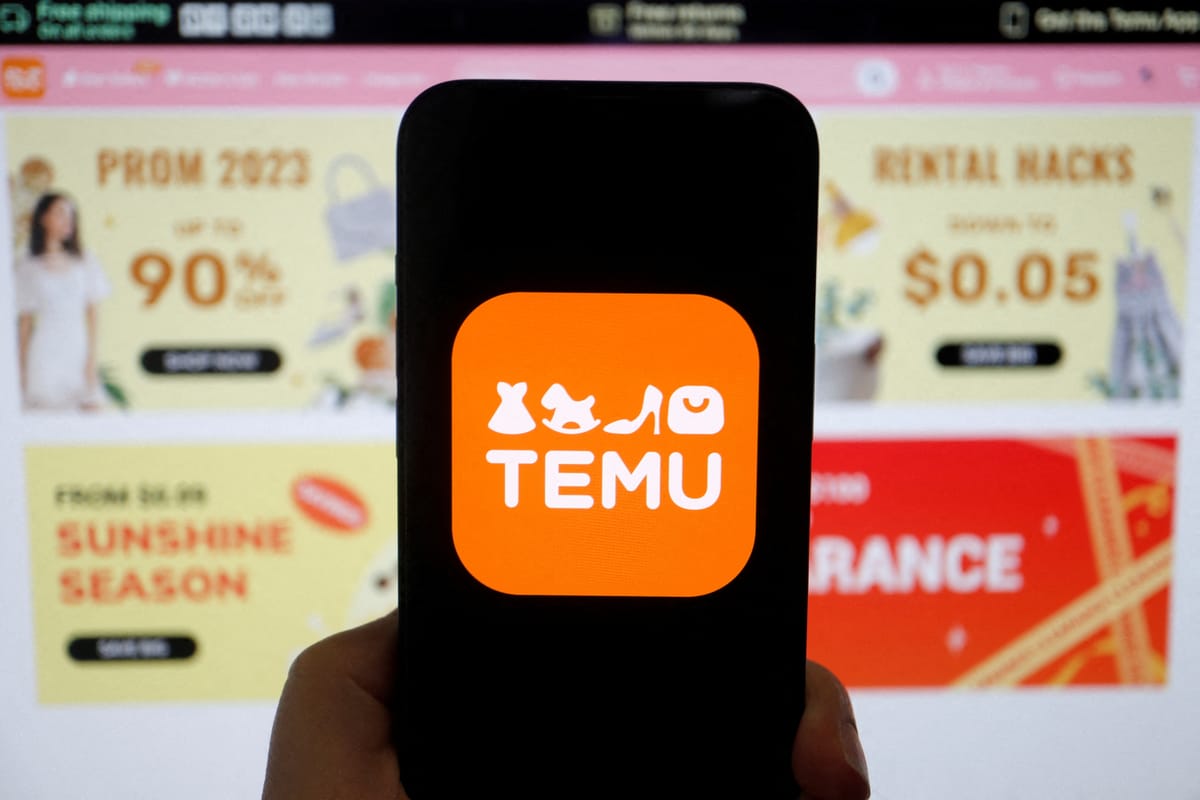Temu is a hit in the US, especially for boomers and Gen X
Temu is an online marketplace with lots of different products, similar to Amazon, but at super low prices.

A few minutes every morning is all you need.
Stay up to date on the world's Headlines and Human Stories. It's fun, it's factual, it's fluff-free.
Ready to shop ‘til you drop? Temu is an online marketplace with lots of different products, similar to Amazon, but at super low prices. Launched in 2022, Temu is owned by PDD Holdings, the parent company of Chinese retailer Pinduoduo. It first kicked off in the US before expanding to other markets, like the UK, Spain, Italy, France and the Netherlands. It’s easily become one of the most downloaded apps because of its low prices and gamified shopping experience. But surprisingly, it’s resonated particularly with boomers and Gen Xers.
While the Temu app aimed to target younger consumers in the US, older generations have spent a lot more time and money on the platform than the initial target market, according to the Chicago research company Attain. PDD said in a company presentation this week that it has 70 million active users in the US. But, according to Bernstein, Temu only reached 1% of the US e-commerce market in 2023, compared to Amazon’s 40%. Either way, boomers 59 and older were the biggest Temu fans, placing about six orders over 12 months, which is double what Gen Z shoppers aged 18 to 26 ordered, according to Attain.
Why is Temu so popular with these older generations? Well, its interface has gamelike features like a spin roulette wheel where shoppers can win discounts, free prizes and referral rewards. Emily Balcetis, associate professor of psychology at New York University, told Bloomberg that older users “may be more likely than younger online shoppers to be pulled in by the entertaining elements of the shopping experience.”
“Gamification elements increase the perceived value of the product and the hedonic value of the shopping experience, which are important motivational factors shaping consumer behavior,” says Balcetis.
One consumer, 51-year-old Dawn Damon, says, “I love shopping … I haven’t always had a lot of money or time or energy to shop, but I can scroll on Temu and just look at things.” Also, since navigating Temu is simpler than the likes of Amazon, as it displays more goods to browse in one go, it appeals to older audiences who are less tech-savvy, says Wendy Woloson, a historian of consumer culture at Rutgers University-Camden.
Last year, PDD spent close to US$3 billion on marketing, according to research group Bernstein. PDD’s growing success also led it to beat out Alibaba as China’s most valuable e-commerce company last year.
Since winning over an older demographic in the US, Temu has set its sights on gaining more of the e-commerce market to compete with Amazon and Walmart despite its longer shipping times. It hopes word of mouth will spread and continue to boost the company’s growth in the US.




Comments ()